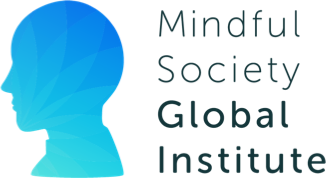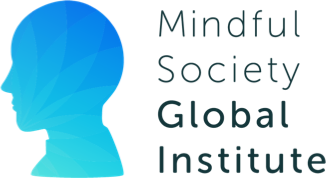Rick Hanson, Ph.D., is a psychologist, Senior Fellow of the Greater Good Science Center at UC Berkeley, and New York Times best-selling author. His books are available in 28 languages and include Resilient, Hardwiring Happiness, Buddha’s Brain, Just One Thing, and Mother Nurture. His forthcoming book (spring, 2020) is Neurodharma: the Deepest Roots of the Highest Happiness. He edits the Wise Brain Bulletin and has numerous audio programs. A summa cum laude graduate of UCLA and founder of the Wellspring Institute for Neuroscience and Contemplative Wisdom, he’s been an invited speaker at NASA and Google, and at Oxford, Stanford, Harvard, and other major universities, and he’s taught in meditation centers worldwide.
Dr. Hanson has been a trustee of Saybrook University, served on the board of Spirit Rock Meditation Center, and was president of the board of FamilyWorks, a community agency. He began meditating in 1974, trained in several traditions and leads a weekly meditation gathering in San Rafael, California. His work has been featured on the BBC, CBS, and NPR, and he offers the free Just One Thing newsletter with 145,000 subscribers, plus the online Foundations of Well-Being program in positive neuroplasticity that anyone with financial need can do for free.
He enjoys wilderness activities and taking a break from emails. He and his wife have two adult children.
Full-day online workshop
May 1, 2020 10:00 am – 4:00 pm
A Neuropsychology of Awakening: Healing and Practicing with the Brain in Mind
Discover the recent neuroscience and ancient wisdom of developing spacious awareness, deep contentment, boundless love, and inner peace. Rick Hanson, Ph.D. offers practical tools for an openhearted, joyful, and generous life.
Spacious awareness, deep contentment, boundless love, and inner peace are valuable for everyday life, not just the heights of human potential. Recent neuroscience is revealing how to develop these wonderful ways of being in the human brain. Join psychologist and bestselling author Rick Hanson, Ph.D., for an experiential exploration of:
- How the body makes the mind
- Turning passing experiences into lasting inner strengths
- Neural factors of stable mindfulness
- Cultivating an unshakable core of resilient well-being
- Releasing rumination and self-centered thinking
- Feeling whole in the present moment
- The neural basis of the sense of oneness and timelessness
The deepest roots of the highest happiness are in the body. At the intersection of modern science and ancient wisdom – which could be called neurodharma – we can find very practical tools for an openhearted, joyful, and generous life.
This experiential workshop will offer user-friendly information with lots of practical methods. No background in neuroscience or mindfulness is needed. There will be opportunity for questions and discussion.
Teachings are appropriate for health care professionals as well as the general public. Health care professionals will be able to incorporate the tools and practices offered in this program in ways beneficial to clients or patients. Continuing Education (CE) credit available.
Learning Objectives:
- Name two mechanisms of experience-dependent neuroplasticity
- Give clients two examples of how repeated mental activity changes brain structure
- Describe temperamental variations in the control of attention
- Demonstrate to clients two ways to practice mindfulness
- Summarize the three-stage evolution of the brain and its relationship to the management of our needs for safety, satisfaction, and connection
- Give three examples, respectively, of how a person could engage in avoiding harms, approaching rewards, and attaching to others while not experiencing stress
- Describe the Buddhist psychological construct of “craving” as a drive state based on an inner sense of deficit and disturbance in the meeting of needs
- Describe how stable and relatively intense positive emotions could help stabilize attention through a neural mechanism involving dopamine
Agenda (*all times in EDT):
- 10:00 am – 12:30 pm – first session (15-minute break mid-session)
- 12:30 pm – 1:30 pm – break
- 1:30 pm – 4:00 pm – second session (15-minute break mid-session)
Preparatory Reading:
- Chapter one of Rick’s soon-to-be-released book, Neurodharma (this chapter will be supplied digitally as preparatory reading)

